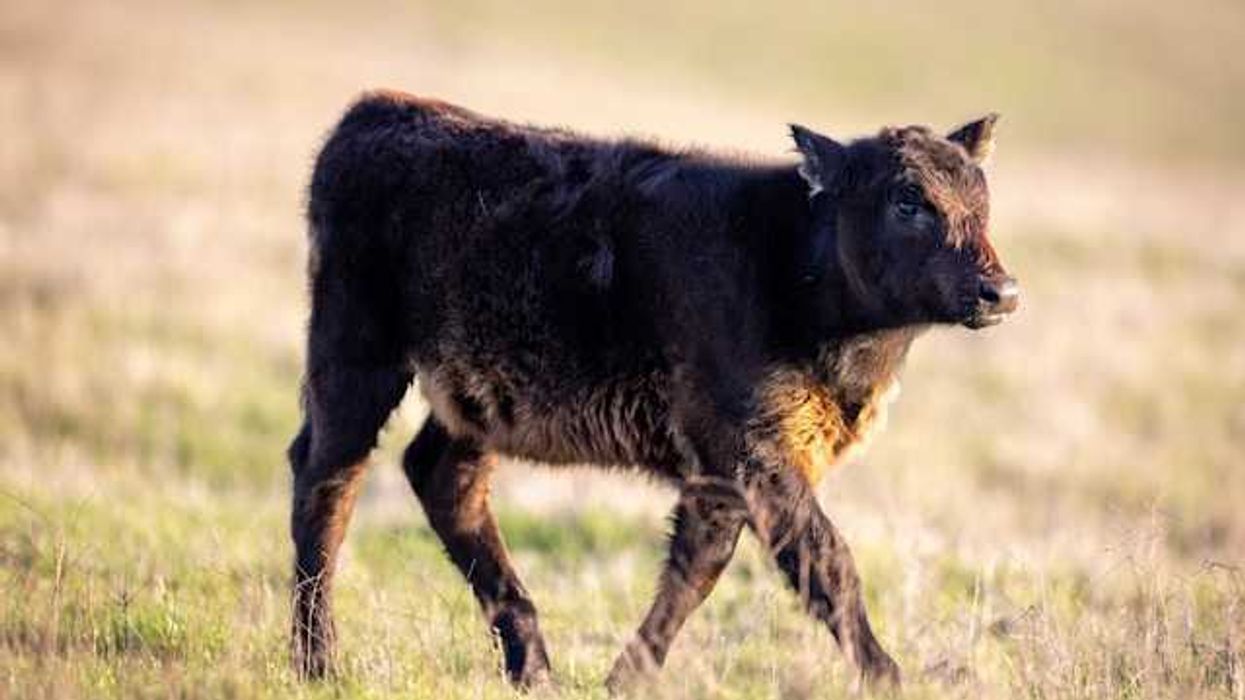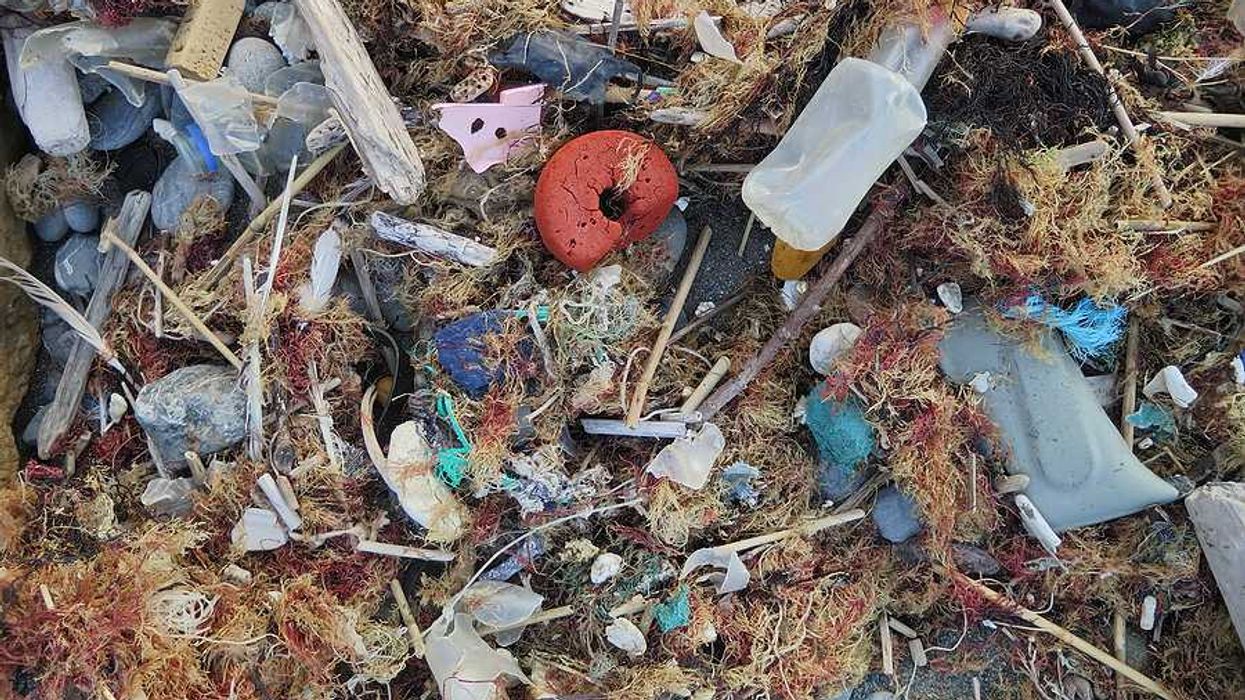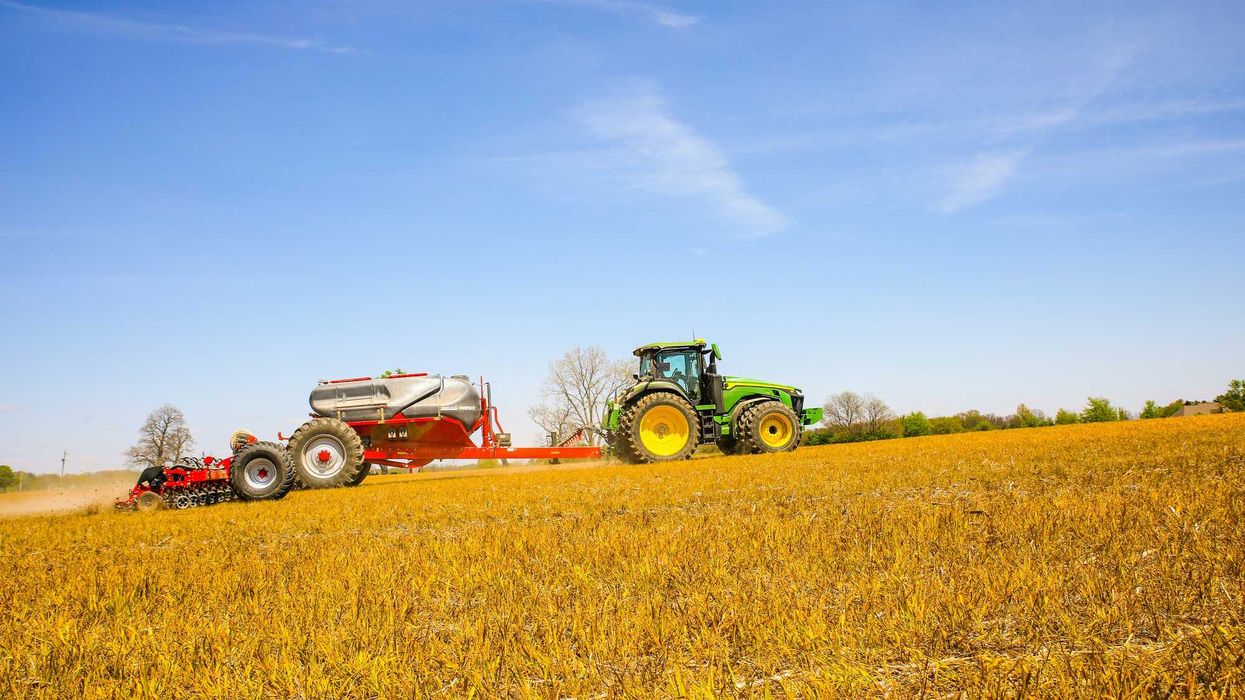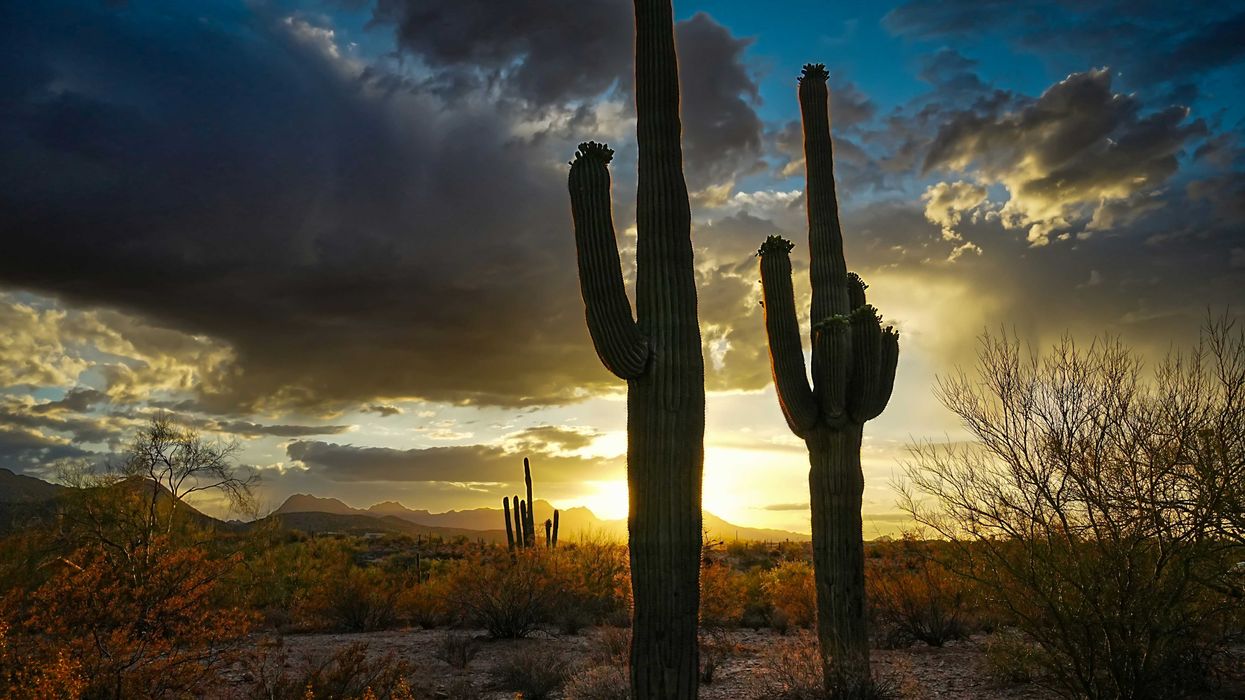Pilot projects in West Texas are exploring whether treated oilfield wastewater, a byproduct of drilling and fracking, can be used for agriculture amid water shortages and rising environmental risks from underground disposal.
Martha Pskowski reports for Inside Climate News.
In short:
- Oilfield wastewater, or “produced water,” is increasingly linked to earthquakes and blowouts in the Permian Basin, prompting research into alternative uses.
- Projects are testing methods to treat and repurpose the salty, chemically complex water for agriculture, though significant regulatory, cost and safety challenges remain.
- The Texas Produced Water Consortium is overseeing studies to ensure treated water meets environmental and public safety standards.
Key quote:
"Typically, oil and gas is not very open about things like this. However, we know that this project is going to affect people within the industry and people outside of the industry.”
— Adrianne Lopez, TPWR research and development manager
Why this matters:
West Texas faces severe water shortages as drought intensifies and populations grow. Treating produced water could help alleviate these pressures, but it carries risks due to uncertain chemical compositions and high treatment costs. Careful study is critical to balance resource needs with environmental and public health concerns.














